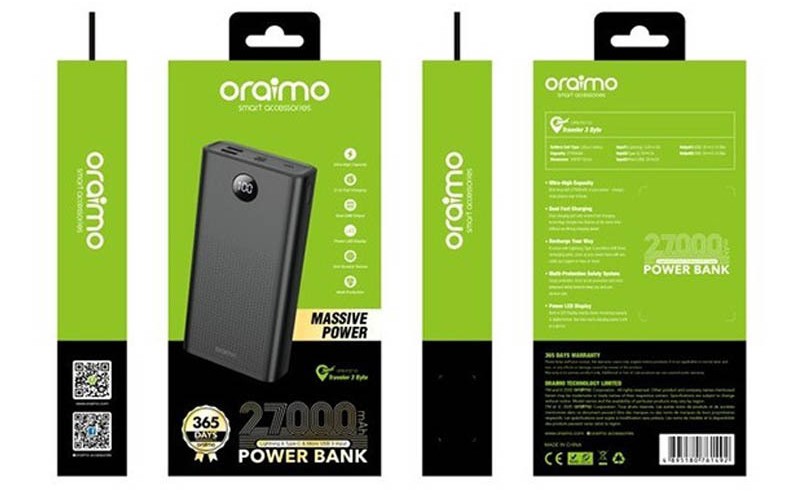In today’s digital age, privacy and security are paramount concerns. Many individuals may find themselves wanting to delete their bank transaction history for various reasons.
However, it is important to understand the limitations and implications of such actions.
In this comprehensive guide, we will explore the topic of deleting first bank transaction history, providing insights and recommendations to help you navigate this process effectively.
Understanding the Importance of Bank Statements
Bank statements serve as legal documents that provide an accurate record of your financial transactions.
They play a crucial role in various situations, including tax filing, loan applications, and financial audits.
While it may be tempting to delete or alter these statements, it is essential to recognize the legal and ethical implications associated with such actions.
Can You Delete Bank Statements?
Unfortunately, it is not possible to delete bank statements. Banks are required by law to retain these records for a specific period, typically five years.
Deleting or tampering with bank statements is illegal and can result in severe penalties and fines for both individuals and financial institutions.
Therefore, it is crucial to understand that once a transaction is recorded in your bank statement, it becomes a permanent part of your financial history.
Can You Delete Bank Transactions?
Similar to bank statements, it is not possible to delete individual bank transactions.
Transactions serve as evidence in various legal proceedings and can be subpoenaed if necessary.
Whether it is a criminal case or a divorce dispute, transactions can provide crucial information and evidence.
It is important to recognize that attempting to delete or hide bank transactions is not only ineffective but can also have legal consequences.
Alternative Measures to Maintain Privacy
While you cannot delete or alter past bank statements or transactions, there are alternative measures you can take to maintain your privacy and protect sensitive financial information. Consider the following suggestions:
1. Open a Separate Account for Private Transactions
If you have specific transactions you wish to keep private, consider opening a separate bank account solely for those purposes.
By segregating these transactions from your primary account, you can maintain a level of privacy without jeopardizing the integrity of your financial records.
2. Utilize Printable Account Histories
Instead of altering your official bank statement, some financial institutions offer the option to download printable account histories.
These histories can be customized to filter certain types of transactions, allowing you to present a modified version of your financial activity while preserving the original records.
3. Opt for Paperless Statements
To reduce the physical presence of bank statements, consider switching to paperless statements.
Most banks provide the option to receive statements electronically, either via email or through their online banking portals.
This allows you to access and view your statements online while minimizing the risk of physical documents falling into the wrong hands.
4. Store Statements Digitally
If you prefer to maintain your statements digitally, you can save them securely on your personal computer or cloud storage.
Ensure that you use strong passwords and encryption measures to protect these digital files from unauthorized access. Remember to regularly back up your files to avoid data loss.
5. Be Mindful of Sharing Information
Exercise caution when sharing your bank statements or financial information with third parties.
Only provide necessary documents to trusted individuals or organizations and ensure that you understand their privacy policies and data protection practices.
By being mindful of who has access to your financial records, you can better protect your privacy.
The Importance of Retaining Bank Statements
While there may be instances where you prefer to keep certain transactions private, it is important to recognize the value and importance of retaining your bank statements.
These statements serve as a comprehensive record of your financial activities and can provide valuable information for budgeting, financial planning, and legal purposes.
By maintaining accurate and complete bank statements, you have a clear overview of your financial history and can make informed decisions.
How Long Should You Keep Bank Statements?
The duration for which you should keep your bank statements depends on various factors, including legal requirements and personal needs.
As a general guideline, it is recommended to retain personal checking and savings account statements for at least one year.
However, if you use these statements to prove income or for tax purposes, it may be advisable to keep them for a longer period, such as three years.
Ensuring Data Security and Privacy
In today’s digital landscape, data security and privacy are of utmost importance.
Regardless of whether you choose to retain physical or digital copies of your bank statements, it is crucial to implement security measures to protect your financial information.
Consider the following steps to enhance data security:
- Use strong and unique passwords for your online banking accounts.
- Enable multi-factor authentication whenever possible.
- Regularly update your computer’s antivirus and malware protection software.
- Avoid accessing your online banking accounts using public Wi-Fi networks.
- Regularly monitor your bank accounts for any suspicious activity.
By incorporating these security measures into your financial routine, you can mitigate the risk of unauthorized access to your bank statements and transactions.
Seek Professional Advice if Needed
If you find yourself in a situation where you require specific financial advice or guidance regarding your bank statements, it is advisable to consult with a qualified financial professional.
They can provide personalized recommendations based on your unique circumstances and help you navigate any legal or privacy-related concerns you may have.
Conclusion
While it may be tempting to delete or alter bank statements and transactions, it is essential to recognize the legal and ethical implications of such actions.
Deleting bank statements and transactions is not possible and can lead to severe penalties. Instead, consider alternative measures to maintain your privacy, such as opening separate accounts, utilizing printable account histories, and opting for paperless statements.
By implementing these strategies and prioritizing data security, you can protect your financial information while ensuring compliance with legal requirements.
Remember, preserving accurate and complete bank statements is crucial for budgeting, financial planning, and various legal purposes.







![efcc offices in lagos [Location & Address]](https://naijacloud.com.ng/wp-content/uploads/2023/07/images-29-110x110.jpeg)


